What are the Healthcare App Development Requirements?
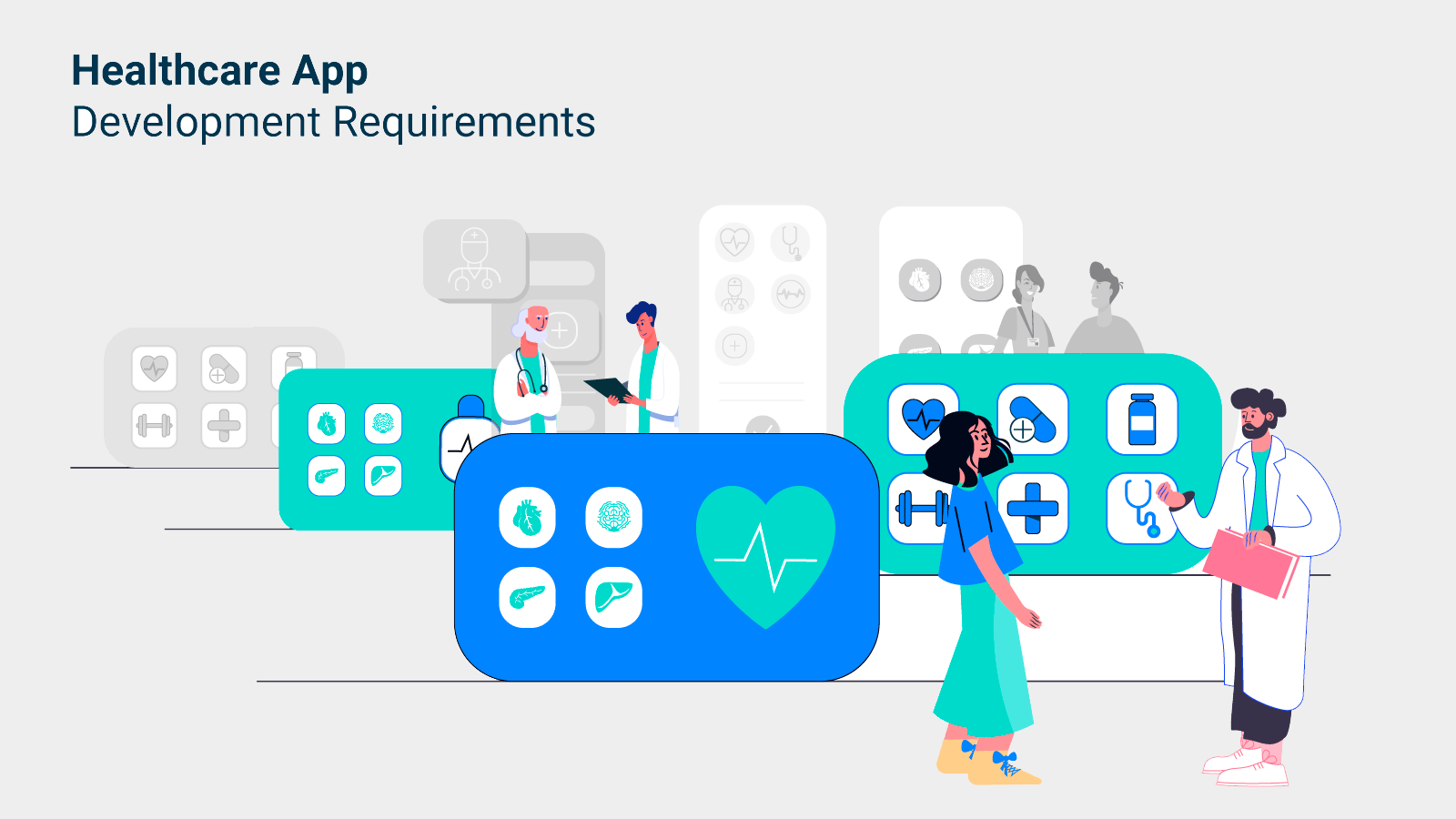
Mobile technologies continue expanding and evolving industry by industry. In the light of the latest global changes, the technological gap of healthcare started slowly decreasing thanks to the growing popularity of mHealth. Benefiting from digital transformation, mobile healthcare opens new horizons for startups and mobile apps.
The mobile healthcare industry is divided into categories, each expanding in different directions and covering different needs. As globally rated, the mHealth market will reach $311.98 billion by 2027, with 3.7 billion downloaded apps annually so far. The immediate investment in the industry will provide a customer market counting billions of users worldwide.
The development of a mobile healthcare app is a complicated process requiring regulations, permissions, and the expertise of a dem team. This overview of healthcare app development requirements may help you find your project’s starting point.
What is Healthcare App Development?
Healthcare app development is only the process of planning, designing, and developing, but ensuring compliance and value proposition. More common types of healthcare apps aim to support medical services, improve hospital experience, convert health records into digital data, and more.
In terms of purpose, healthcare apps are divided into two categories:
- For physicians: the apps that will support doctors for patient monitoring, appointment scheduling, automation, and other advanced solutions
- For patients: the apps will help patients book appointments, have online consultations, get recommendations and quick support.
What to think about before starting a healthcare app?
Sometimes it is tough to define the starting point of creating a healthcare app. We can divide it into several stages: business planning, development, and marketing. According to this division, there are six things to think about when starting with mHealth.
- Know your target audience. Healthcare application is not entertainment app. It should clearly address customer requirements. The category of the app already defines the needs of customers: health tracking app, medicine delivery, Telehealth, etc.
- Create a user guide. The mobile app is meant to make our lives more comfortable. It means UX/UI design should be as simple as possible. If needed, the app should have a guideline on how to use it.
- Communication portals. Healthcare apps are meant to address health issues. It means the users are looking for constant support and communication with professionals. The apps that have support functions are more reliable.
- User-friendly design. Healthcare apps may not be interactive and sweet, but they definitely need to be comforting and simple.
- HIPPA compliance. Healthcare app will be considered professional if only it is HIPPA compliant.constant support and communication with professionals. The apps that have support functions are more reliable.
- Validating the idea and testing app functionality. After the first deployment, the app should be tested among real customers to validate the functionality and adjust the app to user requirements.
What are the Healthcare App Development Requirements?
Unlike entertainment apps, healthcare-related apps go through a detailed procedure of approval. The app should meet the HIPPA standard, be GDPR-compliant, and match privacy and security regulations depending on the target market.
HIPAA standard applies to any medical software that collects, possesses, distributes healthcare information. Thus, if you consider launching your healthcare apps on the American market, this is a must-have aspect to address in your project. The following GitHub has a detailed procedure for creating HIPAA-compliant apps.
GDPR-compliant software follows rules of collecting, storing, and using personal data across EU countries. These rules were introduced in May 2018, and governments apply considerable fines in case of a break.
There are some other laws and regulations in different markets. For instance, Canada has imposed the PIPEDA act of personal info usage in software and not only for mHealth apps. Data Protection Act 1998 is a guide for developing healthcare apps for the United Kingdom.
Another crucial point in creating secure healthcare apps is performing payment transactions. A PCI SSC organization can assist with complying with the necessary aspects and receive a license.
To mention, consider native application development, which is more secure, rather than cross-platform. Native medical apps are designed and developed for a particular operating system. They are characterized by reliable and smooth performance. Also, to get approved in the app store, it is vital to abide by Apple guidelines and/or rules of handling sensitive, personal data by Google during healthcare app development.
Healthcare app development process
App development starts with an idea and understanding your goals. Once you determine the purpose of the future app, you can now carry out the project implementation step by step.
Identify challenges
Understanding the waters where you are going to swim and identifying the challenges will make you stronger. The possible challenges may be as follows:
- Competitors
- Barriers and regulations
- Required features
Know your target audience
Identification of buyer persona is more than a marketing strategy. It helps to build the best solution that will address all the users' needs. The buyer persona research should be based on gender, age, location, interests, average income, etc.
Create engaging UI/UX
We have not once mentioned the importance of design. Keep in mind that customers will first pay attention to design that delivers functionality.
Choose monetization model
Your app should have a business model, and action plans to make money and generate revenue.
- In-app ads
- Premium features
- Subscription
Build MVP
Validate your idea and project with MVP and prepare it for the next iteration based on customer feedback.
More information about healthcare-related app development solutions is available here.
What problems in healthcare can be solved with apps?
mHealth goes far beyond taking patients online. It tackles the bottlenecks of the healthcare industry with digital solutions that once seemed impossible.
- Misdiagnosis. According to US statistics, over 80.000 deaths are caused by misdiagnosis. Human error can now be eliminated by smart technologies like artificial intelligence and symptom trackers with machine learning algorithms that can help physicians in critical decision-making when every second is fatal.
- Access to advanced clinician training. Hospital tradings for graduates are a mandatory stage in professional growth. Unfortunately, the residency positions are limited. The physicians with no skill set and experience directly impact the quality of the healthcare system. Technologies may help to solve the issue by carrying out initial online training through VR and AR.
- Early-stage disease detection. The wearables, health trackers, thermal camera add-ons can contribute to the early detection and prevention of diseases.
- Opioid overdose crisis. Millions of people addicted to pain medications die of an overdose. The segment needs serious reforms to start tracking the drug supply to patients. Digital drug prescription and delivery can significantly change healthcare and help it become more accountable.
- Cost of healthcare services. High costs of emergency services make people avoid medical intervention and risk lives. By taking non-urgent cases to a digital platform like Telehealth, it is possible to decrease the healthcare overload and help patients cut costs significantly.
What are the characteristics of promising solutions of mHealth?
The core characteristics of mobile healthcare are as follows:
- Penetration into the population. The smartphone penetration and communication access to a broader population and the promotion of mobile health can bring significant changes in healthcare.
- The availability of apps. The simplicity of apps and device compatibility contribute to better penetration of the technology.
- Wireless access to the internet. Mobile phones connected to the internet are powerful weapons that keep us connected whenever needed.
- Tethered to individuals. Decreased delays in communication and detailed information about the user give more precise data for better support.
How much does it cost to develop a mobile healthcare app?
Based on industry overview, application features, and market trends, a single platform’s basic digital health app will cost $45.000 - $80.000. The price for the mHealth app may dramatically change depending on the complexity, platforms, and features, estimating around $80.000 - $120.000. The price is calculated only for the development process. Testing, deployment, and ongoing support is not included in the initial cost estimation.
Healthcare Mobile App Design
Design is another crucial aspect of mobile healthcare apps. First of all, medical apps should follow the design guidelines of the target platform, either Apple Human Interface or Material design by Android. Moreover, if the healthcare software plans to include a web platform, it is wise to make it responsive across different device sizes and screens.
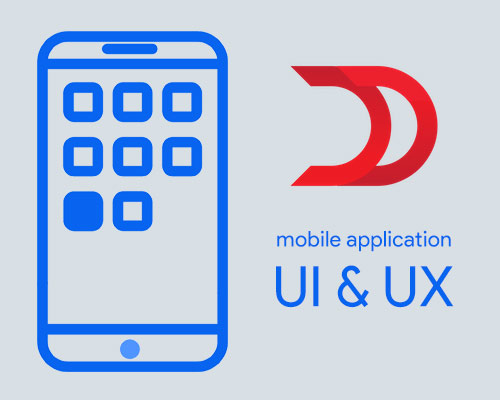
Let’s return to the actual advice in terms of designing healthcare apps with a great and user-friendly experience. Recent research among US hospitals indicated that clinics that offered mobile solutions to its patients, in reality, had only 2% of those who tried it. This supports the fact that even though medical establishments need digitalization and mobile services, this does not remove a need for a solid analysis.
Polls, questionnaires, testings among the target audience helps to apply proper user interface and intuitive navigation correspondingly. For example, the users of mHealth apps can have such peculiarities as blindness or low vision, sensory impairments, dyslexia, or even physical disability. Hence, during the design stage of the medical software, take these points into account:
- Research your target audience
- Select proper color schemes and fonts for the end-user
- Think over notification settings
- Simplicity in everything is a good rule to follow
- Include usability and A/B testings
The final advice is to be all ears and collect user feedback constantly for ongoing service improvement and scalability.
Next-Gen Technologies in Healthcare
Mobile healthcare is about delivering precise service and functionality. Mobile technologies are best applied in mHealth that may one day become portable devices that save lives. Today, we already witness the beginning of a new era of smart tech solutions implemented in healthcare apps.
Artificial Intelligence in Healthcare
The technology powered by algorithms will soon transform the approach and logic of mobile health, making it more intelligent and more serious, like predicting diseases offering diagnosis and treatment. Soon it will become a common technology in the field, replacing hospital visits with digital consultations and personalized medicine, robot surgeons, and neural networks (self-learning algorithms that are much more effective than programmed technologies) used for drug discovery and cancer cells detection.
Blockchain in Healthcare
The technology is already widely used in healthcare to provide patient data security and encrypt information. The technology will continue expanding protection by improving the processes in the future.
- Secure systems in EHR
- Safe payments
- Recorded health products information in the supply chain
- Fraud prevention and data security
Virtual Reality in Healthcare
AR & VR are next-generation experiences where physicians interact with patients, learn about new treatments and get better at their jobs. AR & VR are next-generation experiences where physicians interact with patients, learn about new treatments and get better at their jobs. About 55% of physicians already want to practice AR and VR for patient treatment. Besides this technology, physicians are open to experiments and the implementation of mobile solutions in their practice.
IoT in Healthcare
The technology is actually widely used with millions of wearable health trackers and devices. The industry is rapidly expanding, and soon, we will have more professional devices supported by applications.
Immersive 3D Video
Patients, physicians, and future doctors are more interested in medical training videos that can be used for different purposes. Those videos will become trusted sources for education and information.
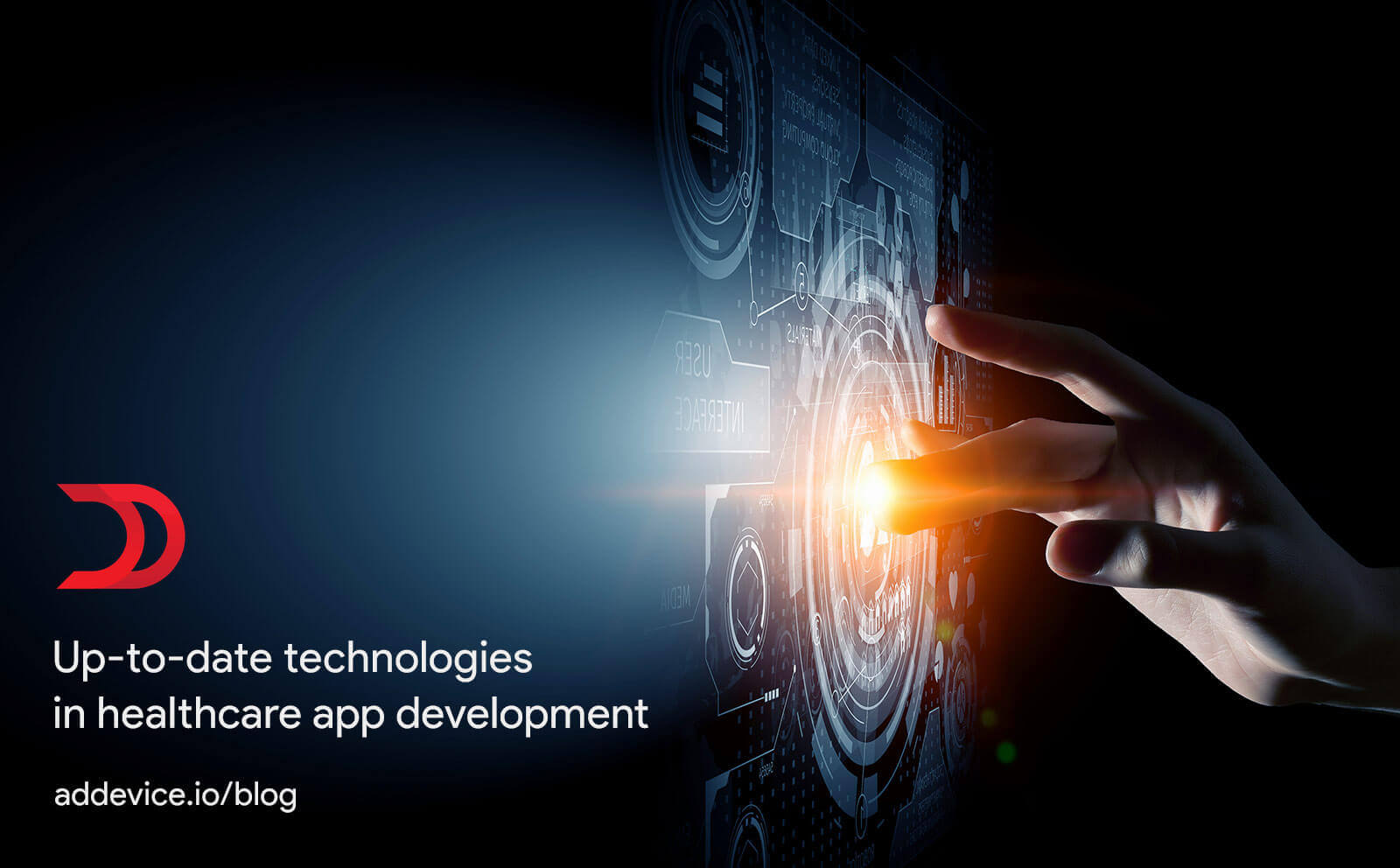
Hand over product development to trusted vendors
With extensive experience in healthcare app development, Addevice shares another great achievement in the industry. Alertive is an app that helps physicians monitor patients’ health and reduce in-hospital visits by carrying out remote control of health data. Technology solutions of Alertive remote care helped reduce in-hospital visits by 80%.
Mobile Technology in the Healthcare Industry, healthcare in mobile, healthcare in mobile, medical mobile apps, apps for clinics, medical apps development, Healthcare Applications, Mobile Healthcare, Medical Personnel
Develop Your Mobile Health App
Transform healthcare experiences with your own mobile app.
Our Expertise Covers:
✅ Telemedicine and virtual consultations
✅ Electronic health records (EHR) integration
✅ Medication tracking and health monitoring features
Table of contents
FAQ
Healthcare apps for professionals:
- Billing app
- Telehealth
- Medical networking
Healthcare apps for patients
- Health monitoring
- Medicine delivery
- Medication tracker
- Healthy lifestyle
- FDA clearance
- HIPAA compliance
- Clinical Decision Support
- EHR and ICD-10
- Electronic Visit Verification
- HL7 Integration
Healthcare apps for professionals:
- Billing app
- Telehealth
- Medical networking
Healthcare apps for patients:
- Health monitoring
- Medicine delivery
- Medication tracker
- Healthy lifestyle
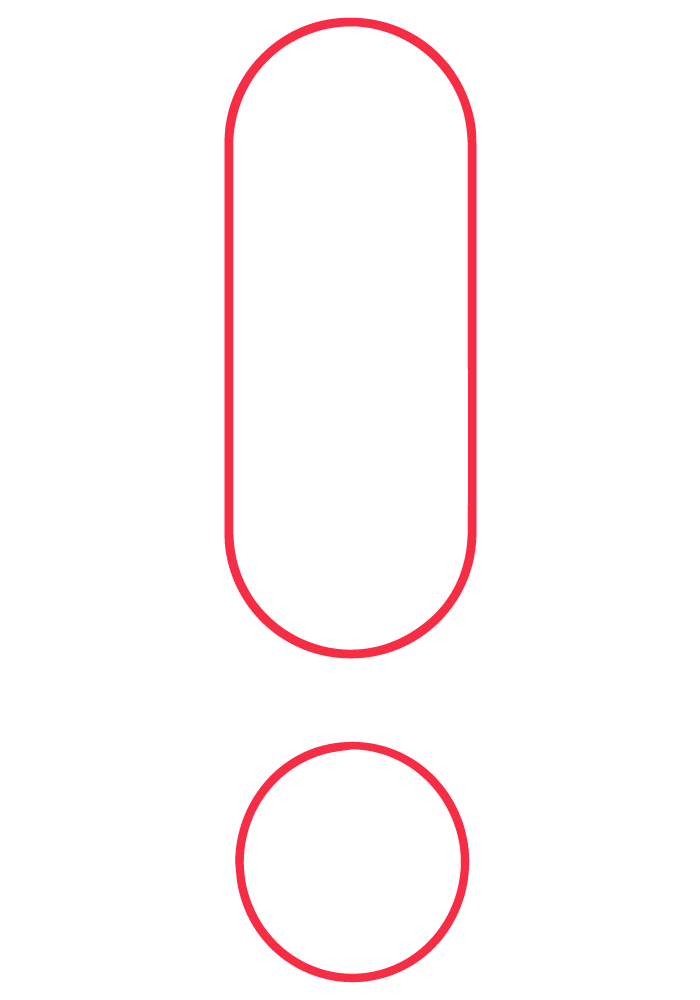
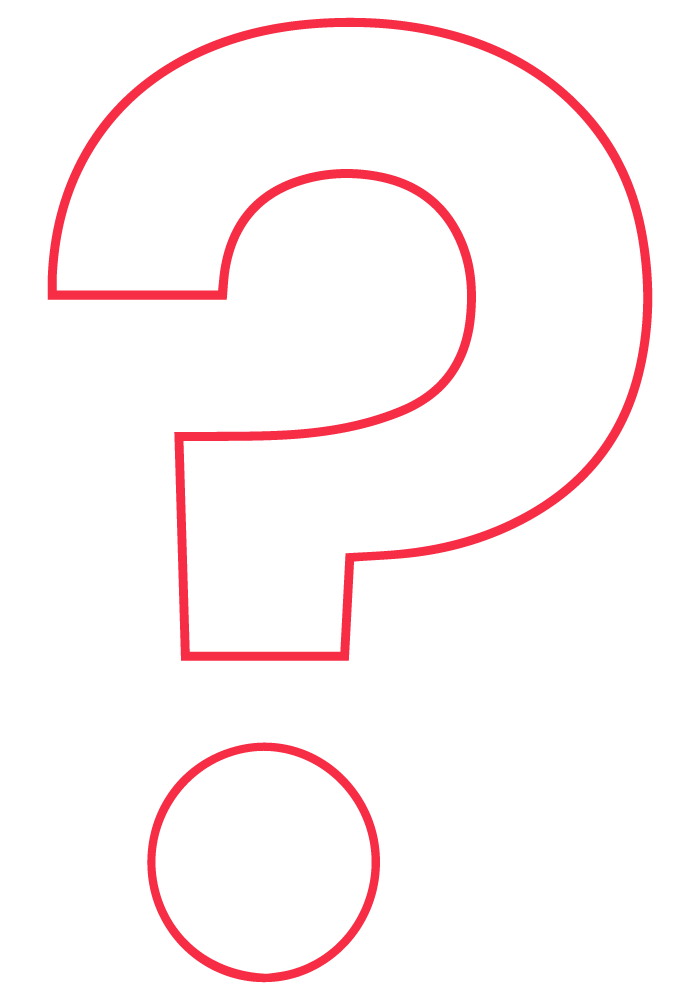
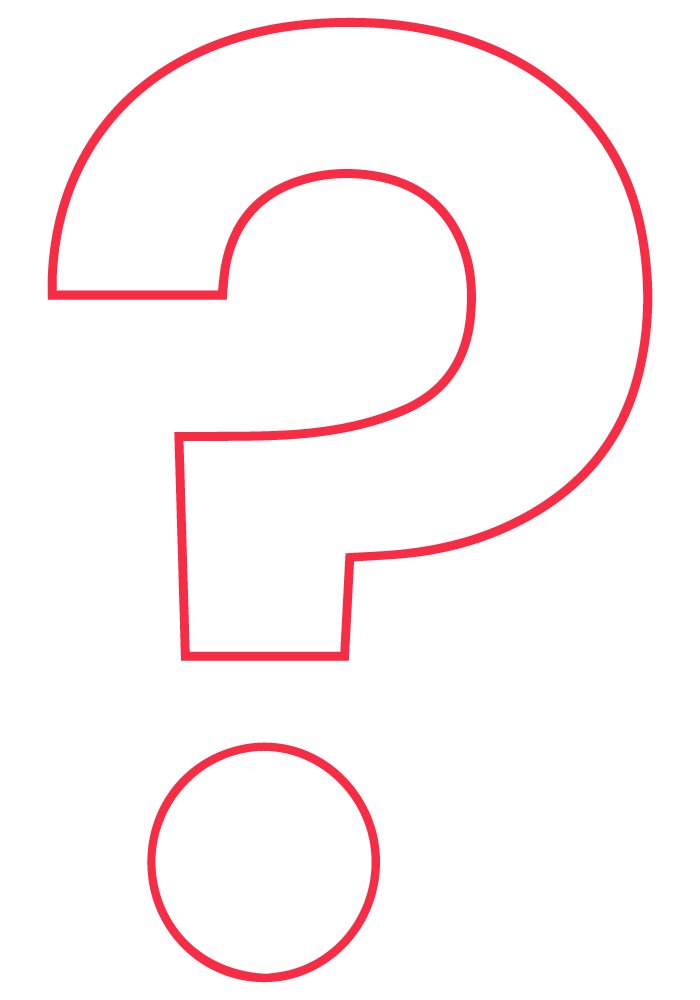
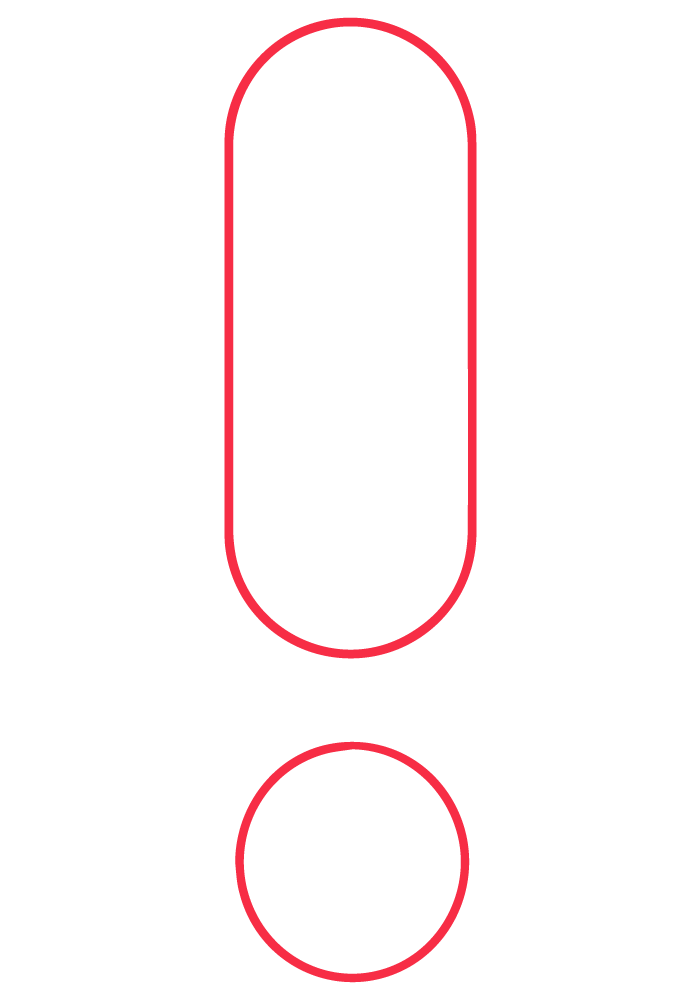
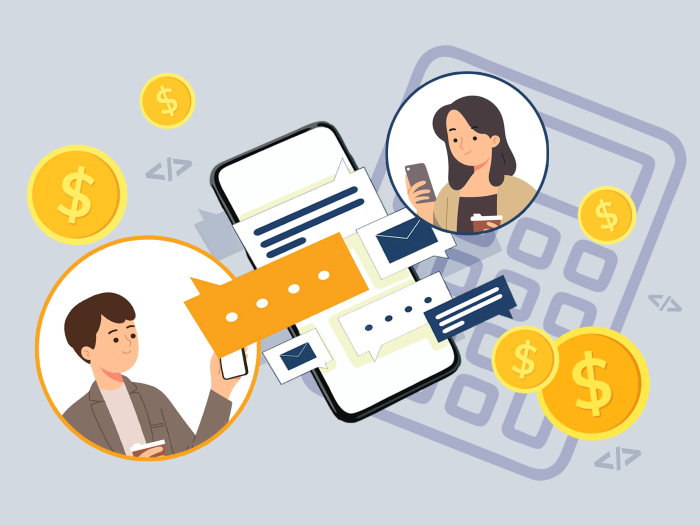 How Much Does It Cost to Build a Messaging App?
How Much Does It Cost to Build a Messaging App?
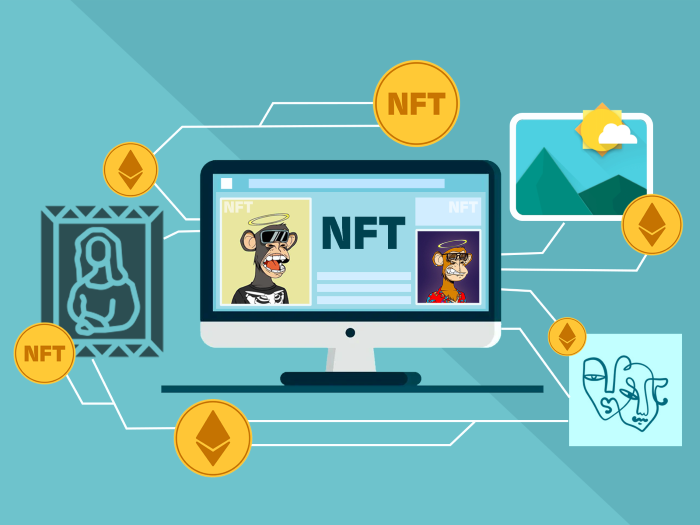 How to Create an NFT Marketplace: Development Guide
How to Create an NFT Marketplace: Development Guide
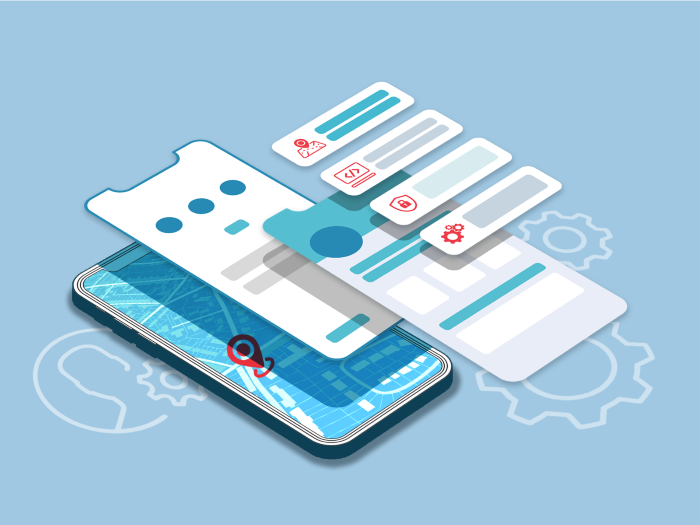 Must-Have Uber App Features: Building a Ridesharing App
Must-Have Uber App Features: Building a Ridesharing App